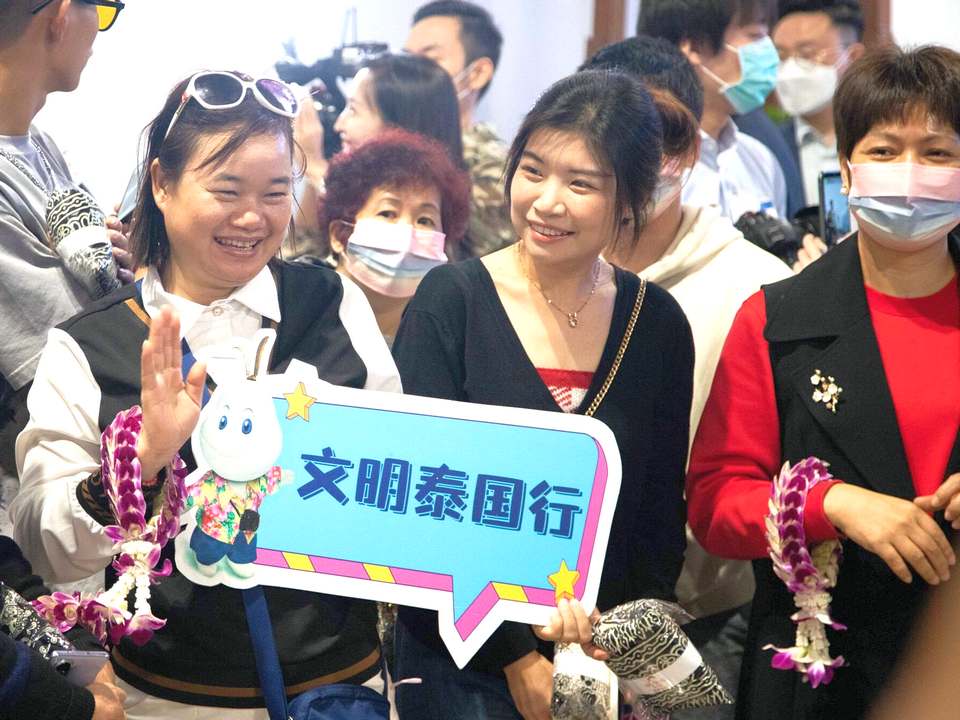
Speculation about Chinese zero-sum tourism has intensified after Thai consular officials abroad added extra layers of bureaucracy. According to reports in the Bangkok Post, each tour group member will need to request an individual permission to visit Thailand rather than be part of a one-off group application. Other requirements, to be introduced next month, are proof each applicant has at least 10,000 yuan (about 50,000 baht or US$ 1,500) available.
Chinese tour operators will also face some added hurdles. The number of visa applications will be limited daily to no more than 30 from authorized agents who, in turn, must ensure that their warranty cards (issued every two years by the Beijing authorities) are valid and up to date. This is apparently causing processing delays as many Chinese agents’ cards expired during the no-travel pandemic with a backlog still waiting to be cleared.
Thai travel agents say that more wealthier Chinese nationals, in response, are becoming independent travellers even though the costs can be higher. They can arrive without any immigration documentation for a 30 days visa-on-arrival, which costs 2,000 baht but cannot be extended, or request a 60 days tourist visa from a Thai diplomatic post in China. This latter route is far more flexible and allows holders to seek longstay visas, open Thai bank accounts or apply for Thai driving licences.
The Association of Thai Travel Agents says the new regulations will make it harder to welcome 5 million Chinese vacationers in 2023 as the inconvenience might cause them to choose other Asian countries, such as Cambodia or Vietnam, in preference. There have also been reports of complaints by Chinese tourists to Thailand that they have been ripped off financially by taxis, cabaret shows and retailers.
Thai immigration authorities have also sought to apply the brakes on mass Chinese tourism after some student or other longstay visas were awarded to Chinese nationals on a fraudulent and corrupt basis. Separately, there have been regular reports of Chinese nationals in Thailand being kidnapped for ransom, whilst non-proven rumors still persist that unofficial Chinese “police stations” in Bangkok have been pressurizing critics of the regime to return home – or face unpleasant consequences for their families.
A spokesman for The Pacific Area Travel Alliance said, “Thai authorities know they are dependent on the Chinese tourist market, but are reluctant to adopt a no-strings policy because of the problems it creates. Encouragement of Indian and Russian tourism is an alternative strategy which, so far at least, has proved to be less troublesome for Thai law enforcement officials.”





